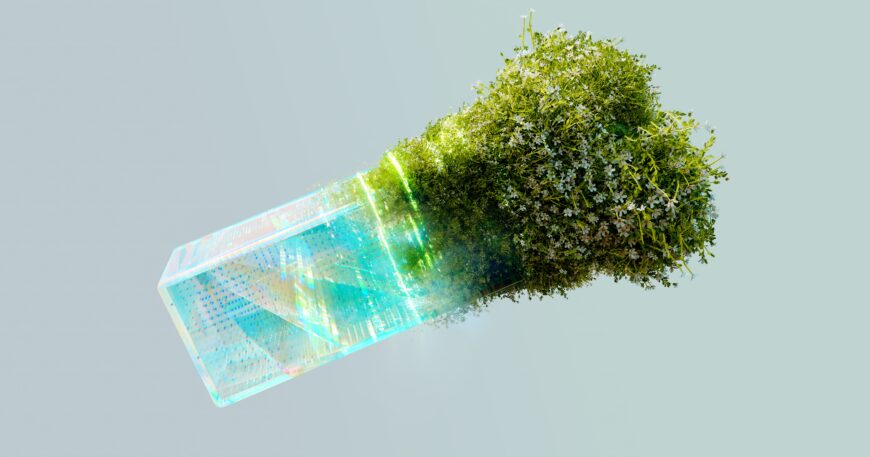In our collective journey towards a greener future, the fusion of artificial intelligence (AI) and the pursuit of net-zero emissions stands as a beacon of hope. As we confront the challenges of climate change and environmental degradation, innovative technologies are emerging as powerful allies in our quest for sustainability. Let’s delve into the realm of AI and Net Zero, exploring how these intelligent solutions are driving us toward a brighter, cleaner tomorrow.
Understanding Net Zero
Net zero refers to the balance between the amount of greenhouse gas produced and the amount removed from the atmosphere. Achieving net-zero emissions is imperative in mitigating the adverse effects of climate change and preserving our planet for future generations. This ambitious goal requires a comprehensive approach that encompasses various sectors, including energy, transportation, industry, and agriculture.
The Role of AI in Accelerating Sustainability
Artificial intelligence, with its ability to analyze vast amounts of data and identify complex patterns, is revolutionizing how we tackle sustainability challenges. By harnessing the power of AI, we can optimize resource utilization, improve energy efficiency, and develop innovative solutions for reducing emissions.
Live Examples of AI-Powered Sustainability Initiatives
- Smart Grids: AI-driven smart grid systems are revolutionizing the way electricity is generated, distributed, and consumed. By analyzing real-time data from sensors and meters, these systems can optimize energy flows, reduce wastage, and integrate renewable energy sources more effectively. For instance, companies like Siemens and GE are deploying AI algorithms to enhance the efficiency and reliability of power grids, paving the way for a more resilient and sustainable energy infrastructure.
- Precision Agriculture: In agriculture, AI-powered precision farming techniques are helping farmers optimize crop yields while minimizing environmental impact. By analyzing data on soil quality, weather patterns, and crop health, AI algorithms can recommend precise interventions, such as targeted irrigation and personalized fertilization schedules. Companies like John Deere and IBM are developing AI-driven agricultural solutions that enable farmers to achieve higher productivity with fewer resources, contributing to sustainable food production.
- Smart Buildings: AI-enabled building management systems are transforming the way we design, construct, and operate commercial and residential structures. These systems leverage real-time data from sensors and IoT devices to optimize energy usage, improve indoor air quality, and enhance occupant comfort. For example, companies like Schneider Electric and Honeywell offer AI-driven building automation solutions that can reduce energy consumption by up to 30%, leading to significant cost savings and environmental benefits.
- Transportation Optimization: AI algorithms are optimizing transportation networks to minimize emissions and congestion while improving mobility and efficiency. Ride-sharing platforms like Uber and Lyft use AI to match passengers with drivers more efficiently, reducing the number of empty vehicles on the road and lowering overall emissions. Similarly, logistics companies like UPS and FedEx employ AI-powered route optimization algorithms to streamline delivery operations and reduce fuel consumption.
Looking Towards a Sustainable Future
As we embrace the transformative potential of AI and strive towards net-zero emissions, collaboration, and innovation will be key. Governments, businesses, academia, and civil society must work together to harness the power of technology for the greater good. By investing in AI-driven solutions and adopting sustainable practices, we can build a more resilient, equitable, and environmentally sustainable world for generations to come.
The integration of AI and net zero represents a paradigm shift in our approach to sustainability. By leveraging intelligent solutions and harnessing the power of data, we can accelerate our progress towards a greener future. Let us seize this opportunity to drive positive change and pave the way for a more sustainable tomorrow.
Together, we can make a difference.


